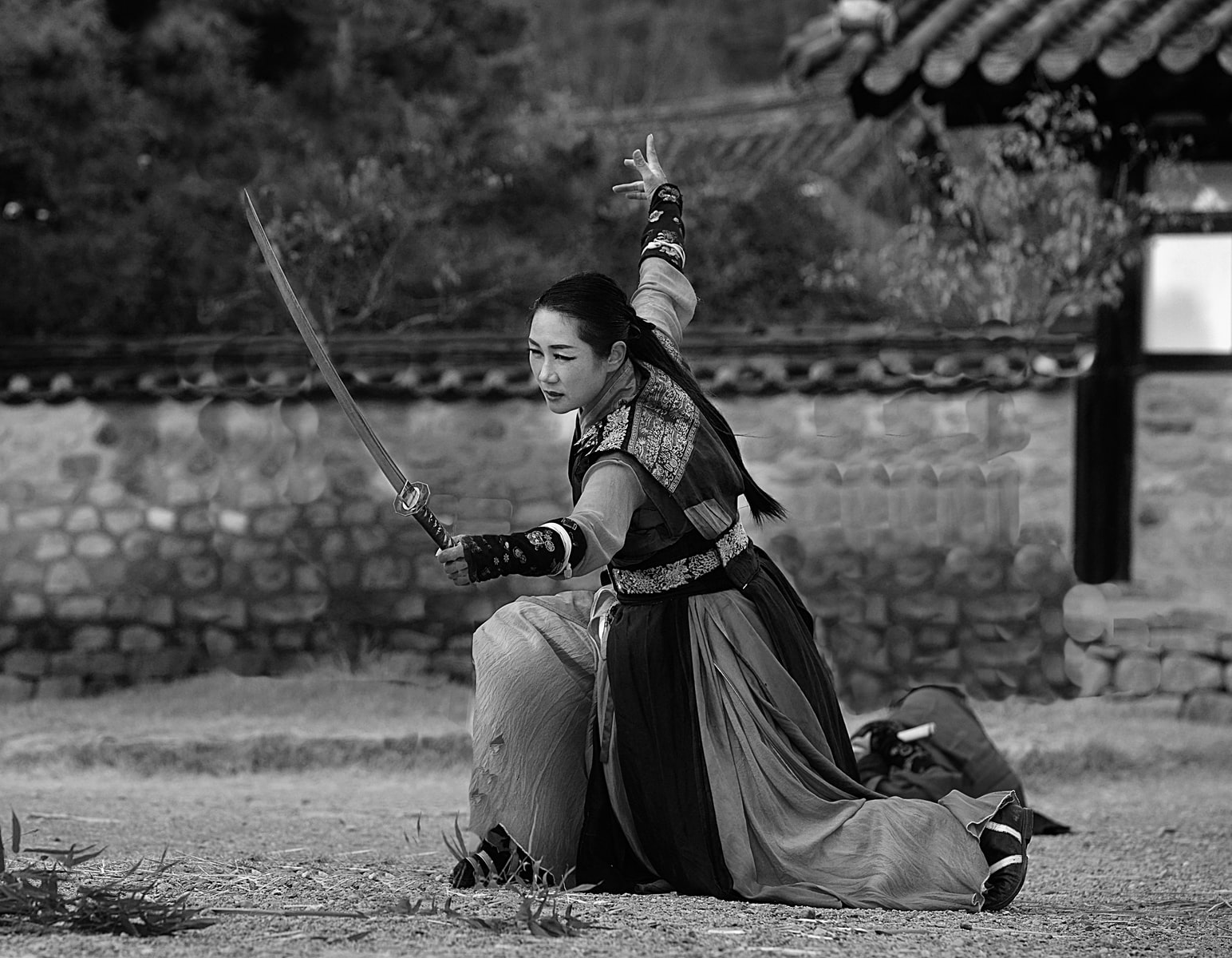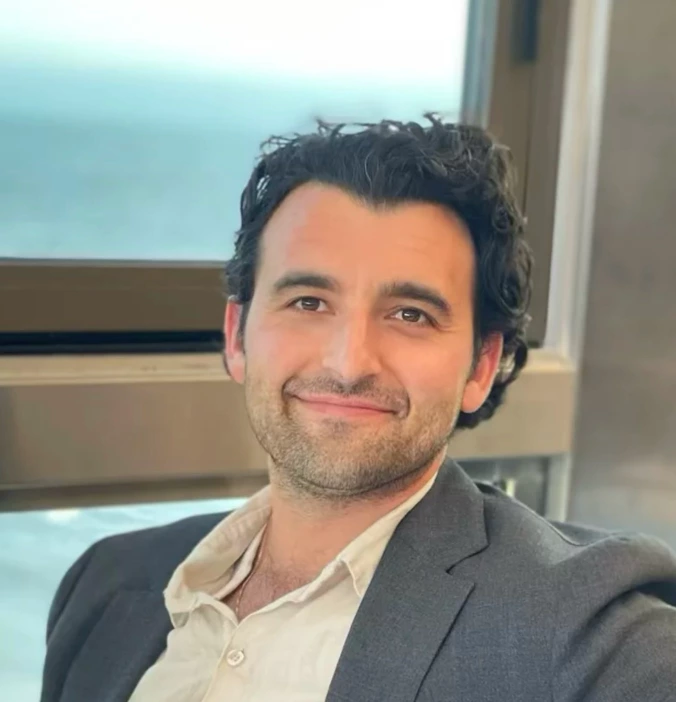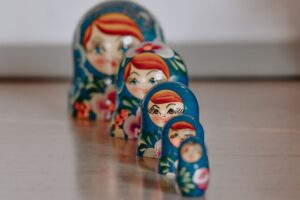Or is it?
You’ve definitely heard this saying before. I hear it and see it written all the time. I used to be a proud proponent of this saying as well.
Similar to this saying are:
“Make your combat stance your everyday stance”
Miyamoto Musashi, The Book of Five Rings
and
“We are what we repeatedly do, excellence, then, is not an act but habit.”
Aristotle
What these maxims are meant to communicate is the power of high performing habits; however, I have come to believe that they actually do high performance a disservice.
Why?
Because high performance in an infinite game (a game with no finish line) is the result of ADAPTABILITY.
To me, the maxim “How you do anything is how you do everything” communicates the importance of cultivating a default mode, and I believe that the only default mode you should strive to cultivate is one in which there is no default mode.
Default modes, whatever they are, are dangerous. What’s important is the recognition of context to direct behavior. The best special operators, musicians, teachers, athletes, leaders, partners, and parents transcend default and are excellent because of a much more valuable asset than any one behavioral tendency. This is the asset of ADAPTABILITY.
Adaptability–physical, mental, and emotional is what we should all strive for. Adaptability is the prerequisite for compassion, maturity, diversity, overcoming adversity, and the evolution of physical capability, mental acuity, and emotional connection.
“How you do anything is how you do everything” implies a kind of binary–you are either amazing all the time, or you are not. This mindset is crippling and can create feelings of shame and insecurity that keep people from committing to an infinite process of practice with an openness to new experiences. Moreover, assertions that are binary do NOT hold up under fire, at least not repeated exposures of fire.
I recommend that you reject defaults and embrace adaptation based on situational awareness and intention.
There are more than one way of becoming a better person. It is by acknowledging all of ourselves and adaptively weighing and rebalancing them that we can be truly authentic. Then we can best understand who we are and how best to engage our complex lives with integrity.
Brian Little, Who Are You, Really?
Remember, you are more than just your past and your current personality profile. You are your identity, and you can define your identity based on your vision of the future, your malleable view of your past, your core personal philosophy (i.e., your WHY), and your values. All these characteristics should influence how you do one thing in one context and that is it.
There are a lot of ways to be exceptional. The more you detach from only one way as THE way, and let your PURPOSE, PASSION, VALUES, and the situational variables inform your decision making and action, the more limitless you will become.




